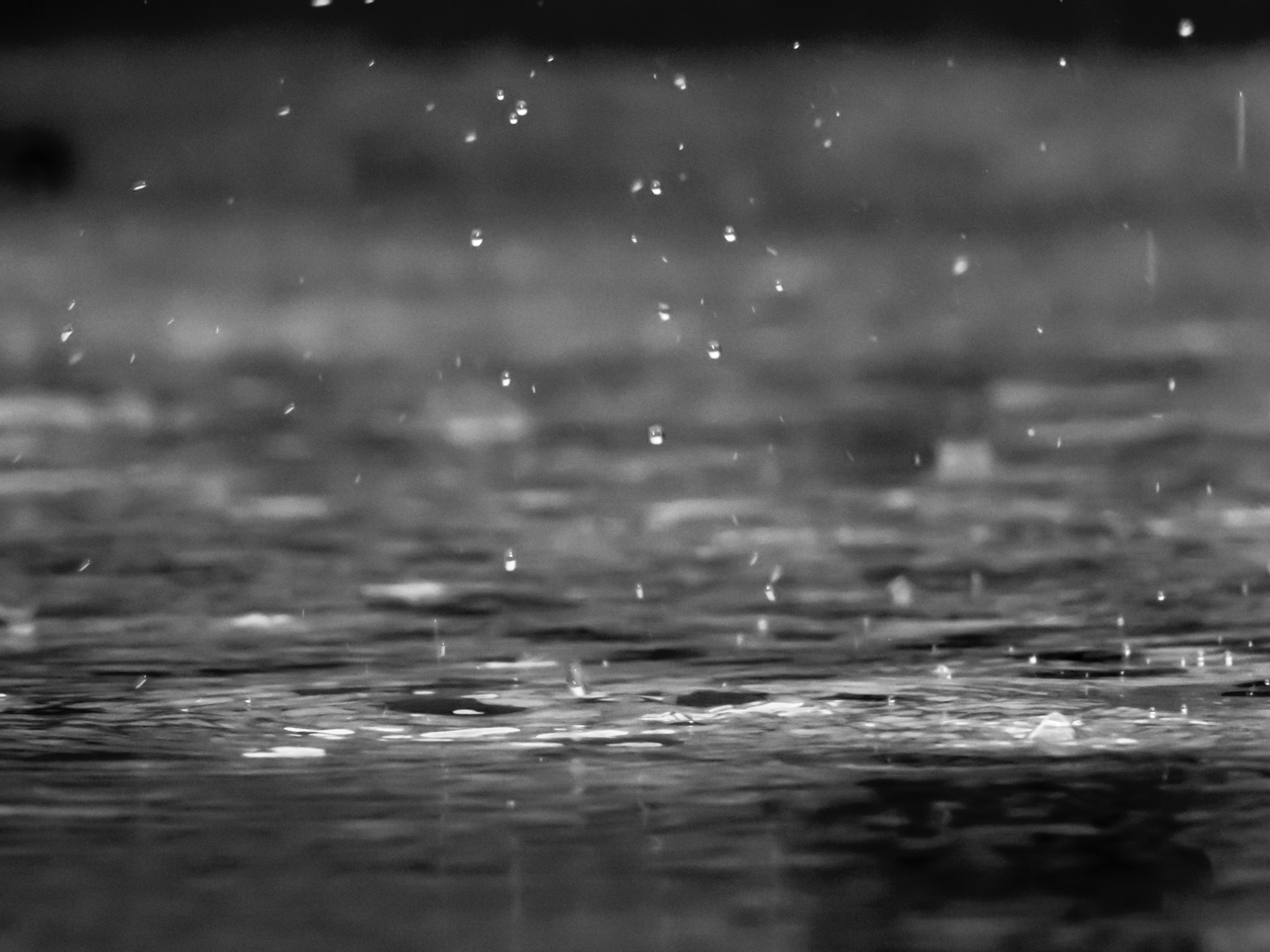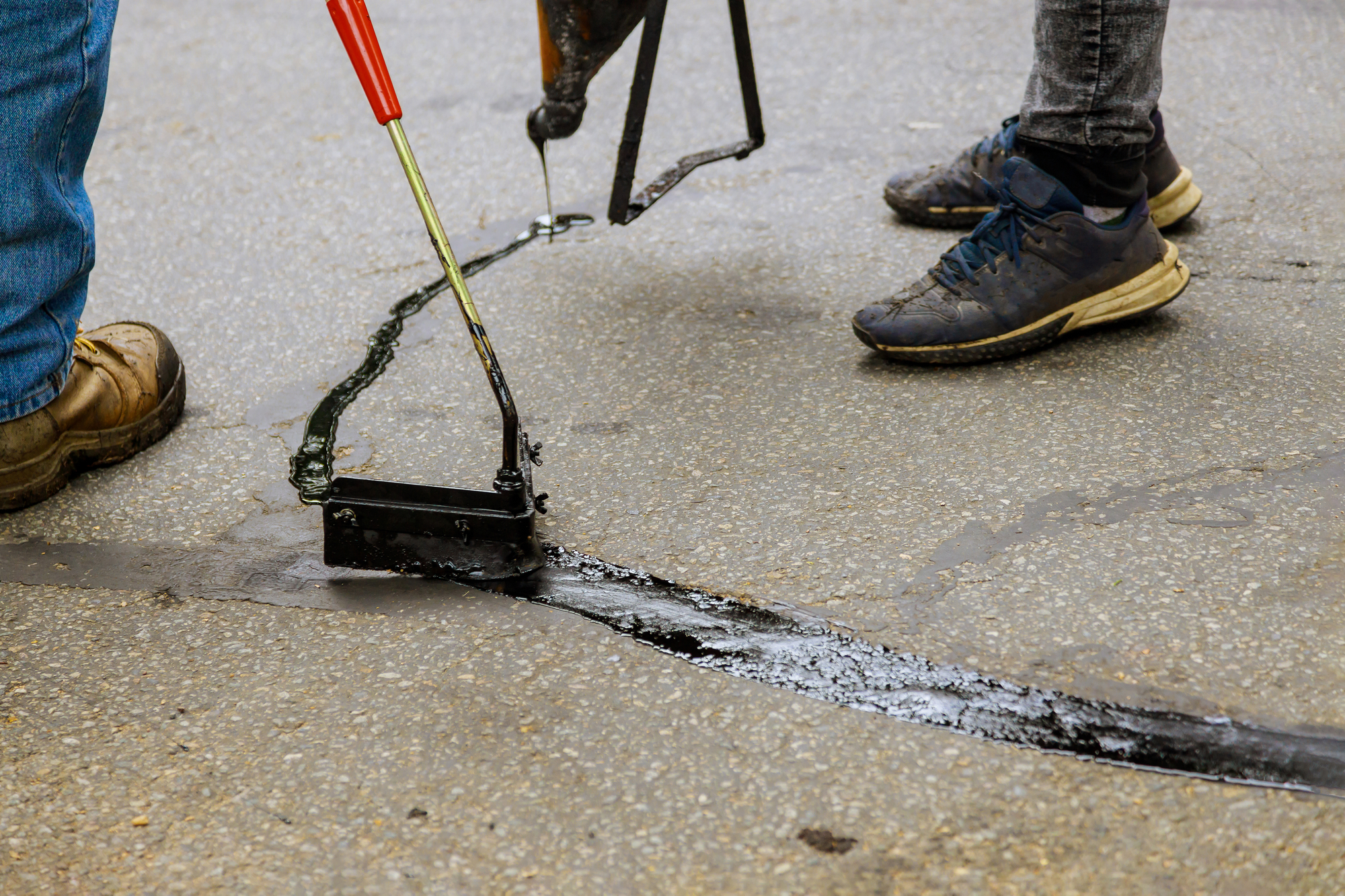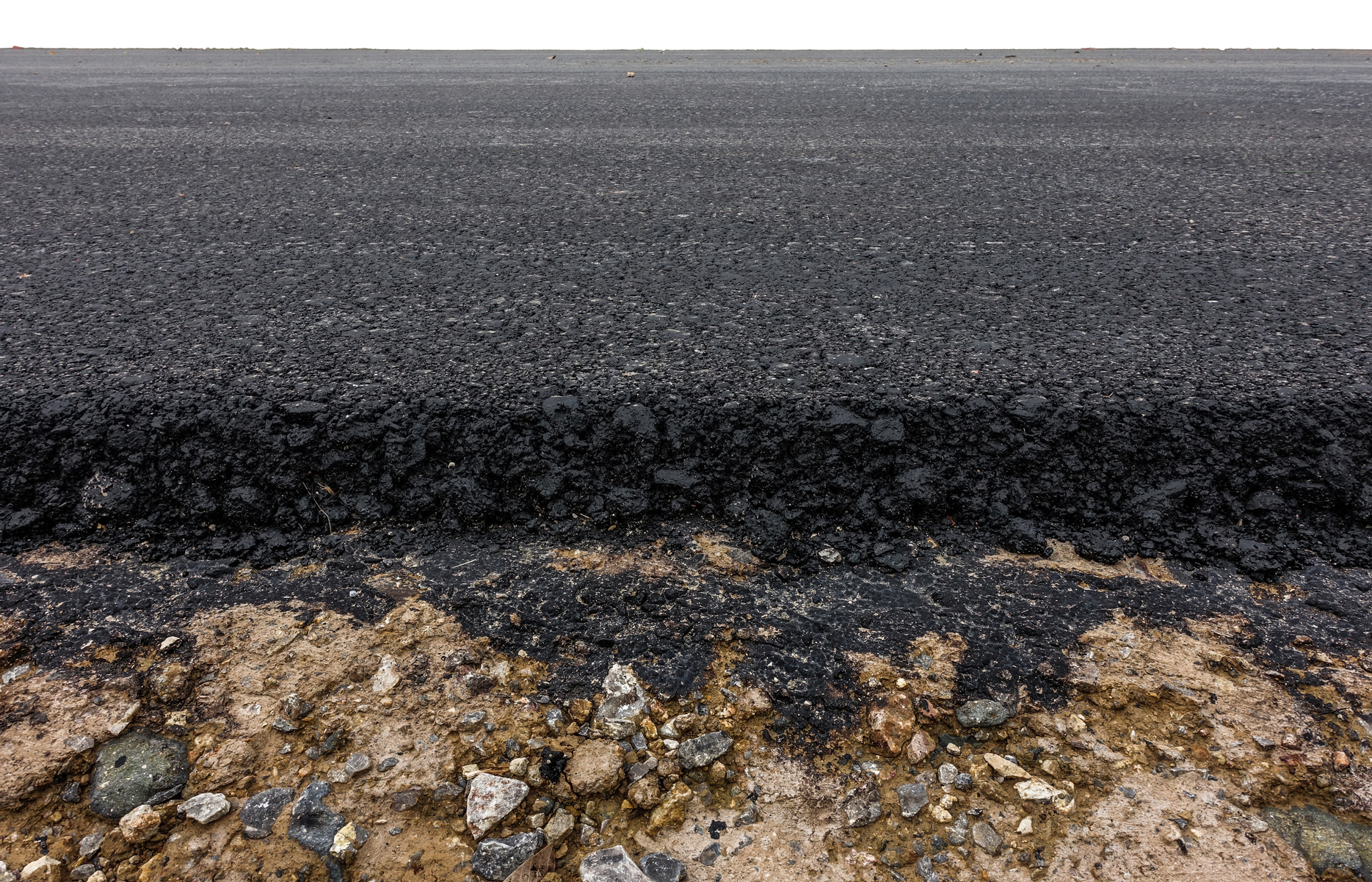The impact of rain on asphalt
11 March 2021
Asphalt driveways continue to be a popular choice for homeowners in the Gatineau region for their look, their price point, as well as their resilience to our extreme climate swings from season to season. And while we often think of the extreme cold of winter and blazing heat of summer as the two elements that have the most effect on asphalt, rain plays its own role and can impact your driveway if not carefully maintained.
In this article the paving experts at Pavage Massie in Gatineau, Quebec answer some common questions about the impact of rain on asphalt.
- How does rain affect my paved driveway?
- Does heavy rainfall damage fresh asphalt?
- What should I do to prevent rain from damaging my asphalt?
If you have questions about whether an asphalt driveway is the right choice for your home, or if it’s time to repave or resurface, reach out – we’re always here to help!
How does rain affect my paved driveway?
Rain can cause damage to asphalt surfaces such as driveways, parking lots, walk-ways and patios if it does not drain away properly. In other words, it is not the falling rain droplets that can damage the asphalt, it is the tiny streams or resulting puddles that are to blame for the damage.
The type of damage differs a little bit depending on the problem, but they all lead to the same result – the need to repair, resurface or repave much earlier than expected. Learn more about what to look for in our blog post Signs your driveway has suffered weather damage.
Does heavy rainfall damage fresh asphalt?
Fresh asphalt is more susceptible to damage than after it has cured and hardened. In general, driveways will usually be fully cured within 3-6 months of the pavement being laid down. Until then, heavy rains have the potential to cause damage to your paved surface, but not from the actual rainfall. Again, it is improper drainage and excessive pooling of water that will ultimately damage your asphalt.
We recommend keeping all vehicles and heavy equipment off of your freshly paved surface for at least 7 days. This period might need to be even longer in hot weather. By doing this, you will help avoid ruts or dips from forming and thus minimize the potential for pooling or puddling.
What should I do to prevent rain from damaging my asphalt?
While we can’t control the weather, we can take steps to minimize the effect that it has on pavement. Here are a few things you can do to prevent rain from damaging your asphalt:
- Fill and repair tiny cracks in a timely manner. Do not let them grow large over time or you will have more invasive and expensive repairs to deal with. Learn more in our blog post: Cracked asphalt: why is it important to react.
- Seal your driveway to help keep it “waterproof”. Pavement with beaded water droplets on top is a good sign that the water is not infiltrating and potentially damaging your sub and base layers.
- Clean any chemical spills on your driveway to prevent premature aging. Check out our article Oil stains on pavement: how to get rid of them.
- Consider resurfacing your driveway when it is starting to show significant signs of damage. If you wait too long, you might not have this option available and could end up paying for a much more expensive replacement project. We help you with this in our blog post When is the right time to re-asphalt your driveway?
- Rotate your parking spots so that you aren’t causing dips to form under the wheels in your usual spot. This will help avoid water damage due to pooling and puddling.
As we look forward to the warm rains of spring, rest assured that your paved driveway, parking lot, pathway or patio is built for this weather! If you have concerns about the condition of your asphalt or want to explore your different maintenance or replacement options, please do contact us. The paving experts at Pavage Massie are here to help!



